Business Coaching
Build The Leaders. Build The Teams. Get Referrals.

Leadership Coaching
The need for a leadership coach in every business is skyrocketing. The reason for this is because Eighty-Five percent of people are actively disengaged at work (See the Gallup Study here). This is alarming considering the economy has been on stable ground for a while now.
Business owners and managers, are quickly thrust into leadership roles without having the training or experience to motivate human capital in today’s economy. Every owner goes through the “you don’t know what you don’t know” phase.
No matter where you are in your ownership or management journey now is the time to learn what you don’t know. Being a great leader is the first step in running practices you love.
Suggested Tools:
- DISC + Value Assessments
- StoryBrand
- E-myth Mastery
Typical Leadership Coaching Outcomes
- Enhanced self-awareness.
- An established vision of success.
- A comprehensive organizational structure.
- An awareness of the roles, responsibilities, and technology used in your practices.
- Hiring methods that enhance team cohesiveness.
- High-end techniques learned to help retain associates and managers.
- Comfort in delegation.
- Habits that support work-life balance.
- Employee commitment to change.
- An environment of authority that also allows for flexibility and creativity.
- Strong personal and professional networks.
Typical Coaching Schedule
Program Schedule:
Our program usually goes in 10 phases. Each phase has a different timeline due to the behind the scenes work done by both parties.
Phase 1: Take the DISC Assessment and do debrief.
Phase 2: Define your vision of success.
Phase 3: Self-awareness- Defining strengths and development opportunities.
Phase 4: Impact- Developing strong connections and identifying other’s behavioral styles.
Phase 5: Communication- Exploring your communication best practices.
Phase 6: Time Management- Discover effective time management activities.
Phase 7: Goal Achievement- Align personal and organizational goals.
Phase 8: Agreements- Effective delegation and creating role responsibilities.
Phase 9: Executive Presence- Agreements with yourself and embracing mistakes.
Phase 10: Commitments- Holding others accountable and giving effective feedback.
Final Phase: The Way Forward- Assimilate leadership concepts and celebrate growth.

Team Optimization Workshops
The team. The most crucial element to any business development strategy.
Having a business you love also means building a great business your team loves. This is becoming increasingly important as more employees are looking for connections to their jobs and their employer.
Having an engaged team means a higher likelihood of employee retention, less absentees, and more community involvement. But the most significant result of a well optimized team is a quadruple increase in customer satisfaction.
Combining team optimization with leadership coaching is the quickest and most effective way to transform to a referral based business that doesn’t have to rely as much on marketing.
Suggested Tools:
- DISC + Value Assessments
- Current Client Surveys
- Leadership Brand™
Typical Team Optimization Outcomes
- A shared vision of success.
- Enhanced self-awareness by the team.
- Understanding of employee and management motivations.
- Clarity on what roles best fit each employee.
- Helping move customers from transaction to relationship.
- Implementation of communication agreements.
- Agreements for resolving conflict
- Responding to different client behavior appropriately.
- Consistency in delivering great client experiences.
Typical Team Optimization Schedule
We have four communication workshops. These workshops vary in length but usually last four hours. We suggest these workshops be done quarterly. Some workshops will need time for proper implementation before scheduling the next.
Workshop1: Self Awareness- Understanding each employee’s energy and motivation.
Workshop 2: Team Communication- Building a consistent communication strategy and agreements for the team.
Workshop 3: Customer Engagement- Understanding the motivations of the customer and how we will communicate with them.
Workshop 4: Community- Define our role in the community and how we will serve it.
